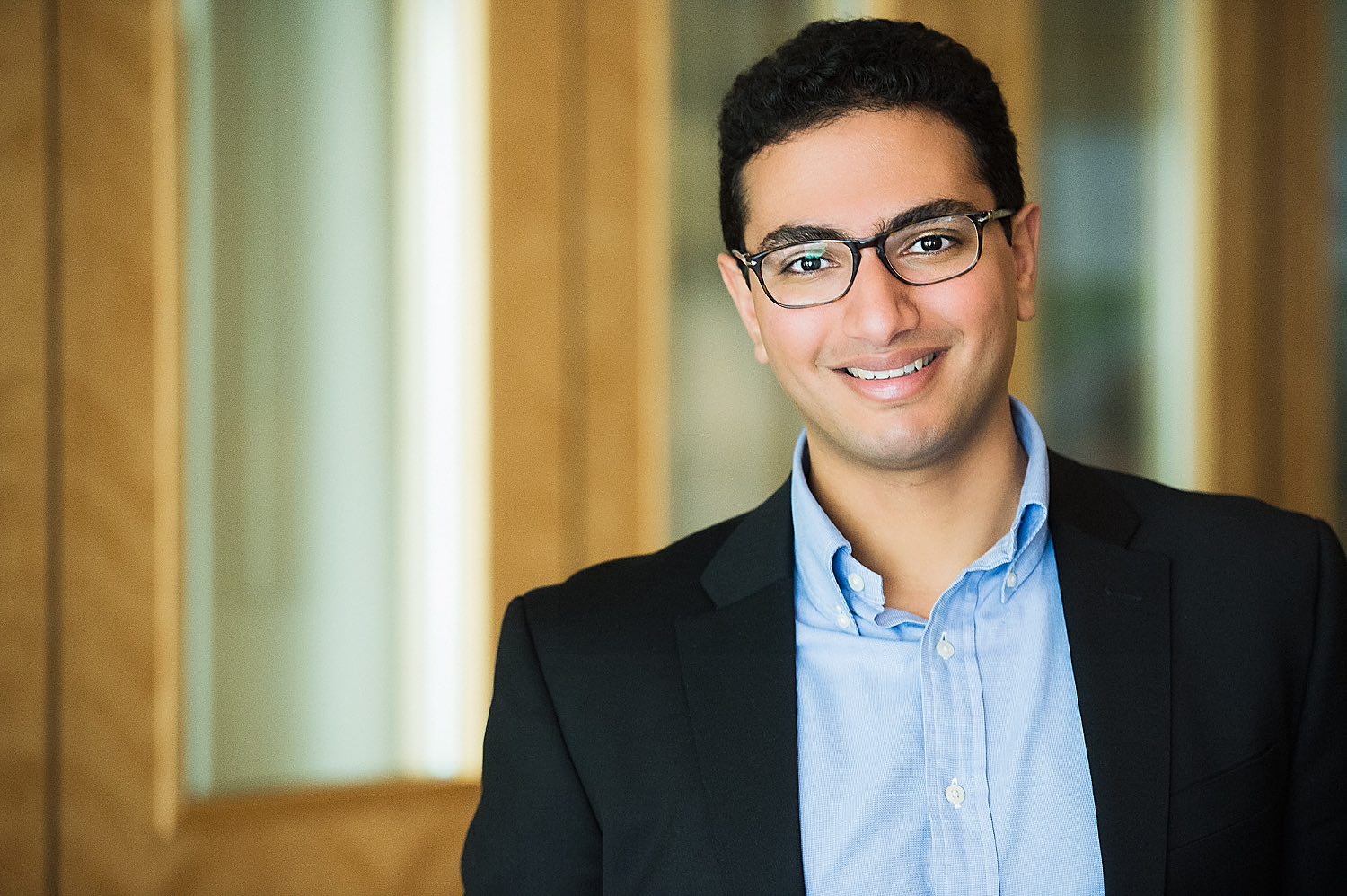Aspect Biosystems CEO Tamer Mohamed creates living human tissue, artificially.
Using human cells as building blocks, Mohamed hopes to print entire functional organs. By combining the tools of engineering and biology, his Aspect Biosystems’ team already can create imitations of human tissue structures, using single cells as building blocks for complex constructions.
The biotech company sees many applications for this technology: drug testing, organ transplants, and even cancer research. Aspect has partnered with major pharmaceutical companies Merck and GSK, alongside the Goodman Cancer Research Center, to develop new cancer treatment drugs.
Aspect recently received over $2 million to develop testable, 3D bio-printed tissues out of patient-matched tumor cells. If Mohamed’s technological innovation succeeds, it will save thousands of lives.
Tamer Mohamed Opens Doors for Safer Drug Testing
“90% of new drugs that show promise in the lab or in animals, fail in humans,” Mohamed explains. Drugs that cure cancer or multiple sclerosis in monkeys have proven devastating or even fatal to human subjects.
To reduce this risk inherent to drug development, Mohamed wondered if there might be a way to engineer human tissue. His answer: 3D printing human tissue. “If we can do this, we can more accurately determine if a drug is safe and effective before human testing,” he notes.
The novel approach not only avoids the risk of endangering human subjects but could also eventually replace animal testing.
Tamer Mohamed Paused His Education to Start Aspect
When Mohamed contemplated launching Aspect Biosystems in 2013, he faced a choice: Continue his graduate school education or commercialize his breakthrough technology?
Mohamed admits his parents would prefer he had prioritized the academic degree. “I still promise my mom I’ll go back and finish my PhD,” he laughs.
But under Mohamed’s leadership, Aspect has thrived. Since its launch six years ago, the biotech company has brought on over a dozen new employees, and grown in revenue by over 1500 percent. The company’s goal of 3D printing functional organs is closer than ever.
Bio-Engineering Combines Disciplines to Solve Problems
As a bio-engineer, Mohamed works across disciplines.
“When I think of engineering, I think of building things from the ground up,” he explains. “But when I think of biology, I think of dissecting the human body down to individual cells.”
Developments in the understanding of biology – specifically, of human cells as the building blocks of the body – have allowed scientists like Mohamed to introduce bio-engineering technology. They use human cells as building blocks to create three-dimensional human structures like organs.
Over 100,000 names make up the waiting list for the US organ transplant list. Many of them will die before a compatible organ arrives. But with Aspect’s advancements, the days of harvesting organs and hoping for compatibility may soon be over. Instead, medical professionals could design organs specifically for each patient, as needed.
As such, Mohamed’s artificial creations may prove vital to saving lives.



